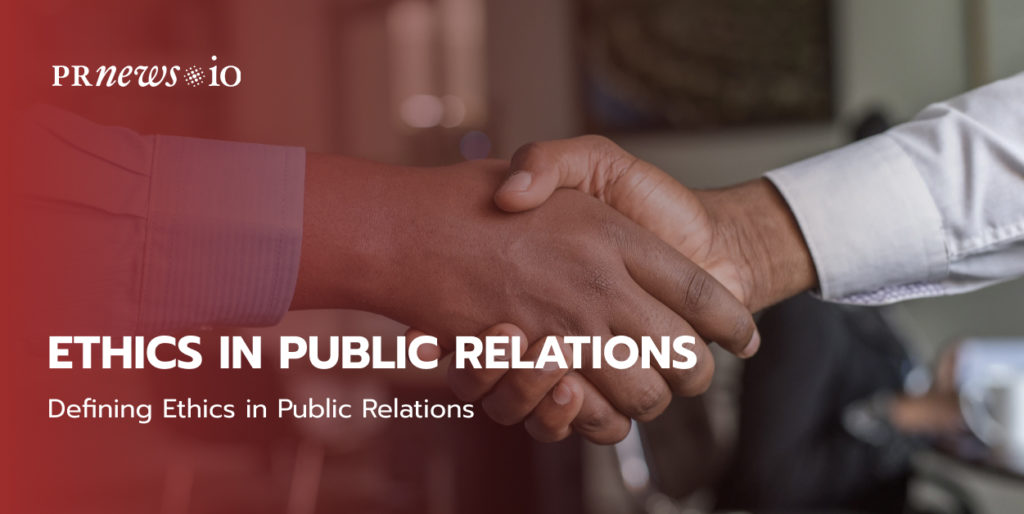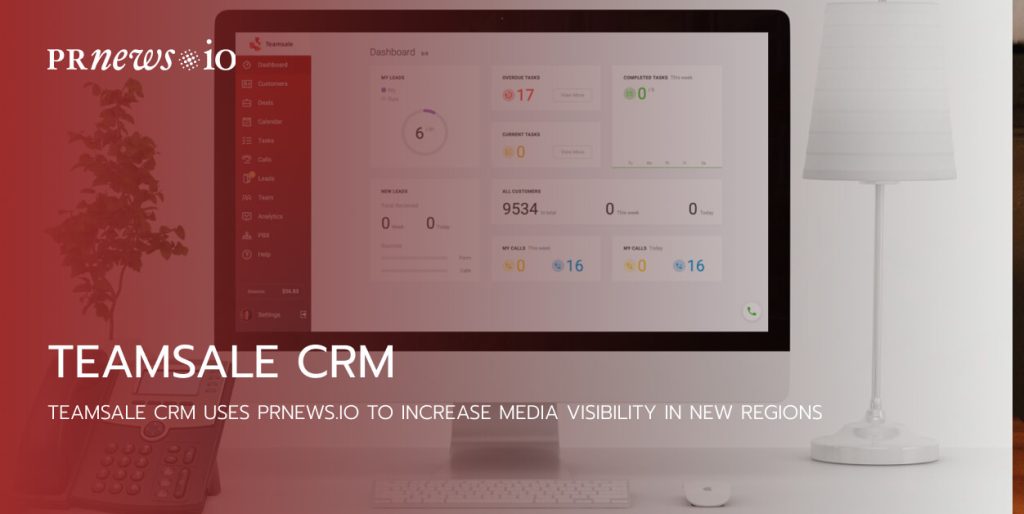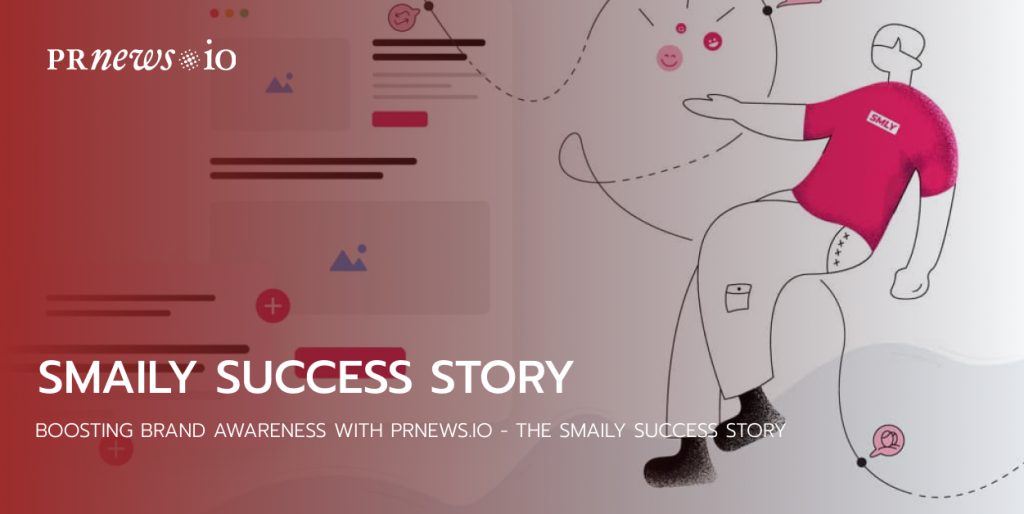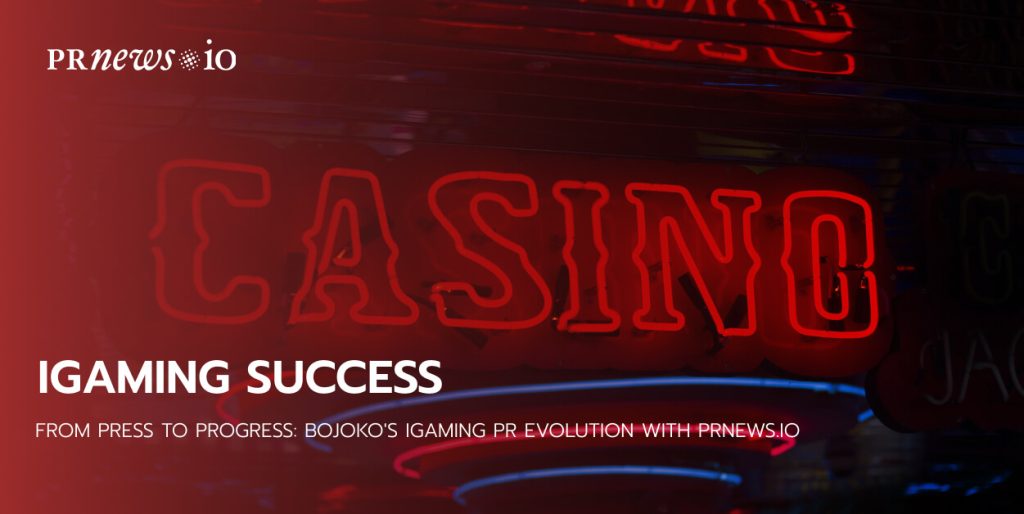
PR has the power to change the world, but let’s face it – it’s not always used for good. We’ve seen countless examples of PR being misused as propaganda or manipulation, resulting in public distrust. As PR professionals, it’s crucial to prioritize honesty and transparency, and never hide the truth. Let’s elevate our profession by standing for more than just image-making.
Unfortunately, some argue that PR creates misinformation and a false reality, perpetuating fake images. While this may occur unintentionally, we need to address these concerns through ethical practices. In this article, we’ll define ethics in public relations and explore why it’s essential to our profession. Join us in discussing the importance of upholding ethical standards in PR and making a positive impact on the world.
What Is Ethics in PR?
Ethics play a crucial role in guiding our decisions and actions, both in society and business. Public relations, in particular, is constantly facing ethical challenges from clients and the public. Unfortunately, the industry has been plagued by stereotypes of being all about “spin” and “image management”, leading to the belief that PR professionals conceal the truth to benefit their clients. However, any true PR expert knows this couldn’t be further from the truth.
At its core, ethics are about standards of honesty and doing the right thing. Key values in an ethical life include honesty, integrity, trustworthiness, fairness, empathy, respect, responsible citizenship, pursuing excellence, and accountability. Ethics refer to the moral choices that guide our responses to a specific situation.
The field of ethics involves defining, protecting, and promoting the golden rules of right and wrong behavior. In public relations, ethical values such as truthfulness, loyalty, fairness, respect, integrity, and open communication are vital. It’s important for PR professionals to uphold these values, even in the face of challenges, and work towards creating a positive impact on society.
The Role of Ethics in PR
Public relations ethics is a knowledge use, understanding, and reasoning to questions of right and wrong behavior in the professional practice of public relations. In PR, ethical behavior relates both to the PR manager and the brand for whom the work is being carried out — that is, the ethical implications of the strategies and tactics used to solve issues or provide opportunities. Hence, public relations practitioners need to be concerned with their personal and professional ethics as well as the institutional ethics of the brand for which they work.
Ethical dilemmas are complicated sometimes. They contain situations involving decisions about what is right and what is wrong. Often, they are situations requiring a choice between equally unwanted options. For example, when a company reduces the number of its workers, public relations practitioners can find themselves having to develop communications strategies and content directed at the employees who will lose their jobs. Similarly, the managers of the brand and the board of directors must make ethical decisions where the corporation could lose business and earnings, but they accept these as the cost of doing the necessary, but unpopular thing for future success.
PR teams now have the big power in shaping narratives across politics, business, medicine, and other domains that require careful, ongoing consideration of which clients and causes they are working for, as well as how they present themselves and their ideas to the public.
Although each PR practitioner will decide which ethics they ultimately put into practice, the PR code of ethics set by the Public Relations Society of America (PRSA) is a useful first step for ethically responsible decision-makers.
To be a public relations expert, it is crucial that you operate at the highest of standards. You have moral obligations to several entities. First, yourself. Acting ethically preserves your own image and your reputation. You also have a responsibility to your company or employer. Many large agencies have their own code of ethics and some even require ethical training every year.
Secondly, you also have an obligation to your clients. You want to honor the contract and work on your client’s behalf, which requires ethical principles.
Lastly and probably most importantly, there’s a commitment to the public relations profession. In order for the profession to change its image, it must change the word of mouth. Every PR practitioner has to represent total honesty, being honest cultivates credibility and authenticity.
Here are more additional rules of behavior:
- Competition: PR managers should avoid deliberately threatening competitors and engaging in practices that harm the entire industry. Hiring should be based on an open and ethical set of rules.
- Free flow of content: Communications should be precise and truthful in order to create high-integrity relationships with the media and other stakeholders. Practices such as gift-giving must be handled with honest care.
- Disclosure of information: All content necessary for informed decision-makers should be disclosed to clients or employers. Sponsors and financial interests should be revealed to avoid deceit.
- Safeguarding confidences: Confidential, privileged, or otherwise private information should be kept safely. It is unethical to use such information for another job and use it to undermine a previous client or employer, or to steal it.
- Conflicts of interest: “Real, perceived and potential” conflicts of interests should be excluded. PR experts can better serve their clients and employers when their personal and business interests don’t contradict their PR work.
- Enhancing the profession: It’s important to build trust in the PR reputation among the public. When PR experts follow and self-enforce the PRSA code of conduct, they increase the overall credibility of the public relations industry.
PRSA members should consult the company’s guidance on ethics in public relations, not only excluding conflicts of interests and other improprieties but also maintaining public trust in the overall practice of public relations.
Practical Tips
Let´s come closer to practical cases. Your small business can use public relations successfully if your PR practitioner follows the accepted ethics of the profession in dealing with common issues.
Always Providing Truthful Information
Public relations practitioners constantly deal with pressures to bend or twist the truth. For example, it´s much easier to tell publicly that your company negates an ecological issue caused by your company, that confesses real implications. Being honest prevents the public and business peers from coming back later and claiming you tried to cover up the seriousness of the situation. Instead, the PR practitioner can state the truthfulness and emphasize the owner’s determination to bounce back and not only rectify the situation but sponsor a non-profit organization. In this way, the truth can be inspirational and instill confidence in the business. Lies have no quality place in professional PR.
Offering True Context
Ethical public relations communication provides more than just facts; it provides context for a story. This means making clear to readers why an event has importance or why brand leaders choose that path they take in the context. For example, simply announcing that a business has changed the name of a product due to safety concerns could be accurate. However, if this action were the result of a government organization raising the concerns, that information would have to be included by an ethical PR practitioner. Such actions prove the company’s commitment to its audiences.
Advising Companies Leaders
PR practitioners face an important ethical issue when consulting company leaders. These PR experts may have to round up a great deal of courage when confronting leaders who are contemplating violating the company’s values. For example, if a leader wants to decrease employees’ hours so that they will not qualify as full-time workers and thus will decrease their salaries, it’s the PR practitioner’s duty to speak up. In this case, the in-house PR manager has a responsibility to not only point out the ethical misstep the CEO is about to do but also raise the issue of how the press and the public will estimate this action. Not doing this immediately can create bad press and PR issues eventually.
Fellow Sponsors Mention
Ethics come into play when a PR expert announces a company’s involvement in social problems, non-profits, and fundraising events. The PR manager has an ethical duty to reveal not only her client’s involvement but the involvement of other partners. For example, if the company organized a marathon and a controversial company was also involved, that should be included in the announcement.
Content Marketing Platform
- 100,000+ media publications;
- get backlinks to your product;
- scale work with content distribution.
Summary
Do PR as if the whole enterprise depends on it. No strategies should be carried out without considering their impact on stakeholders. Remain calm, patient, and hold. Lay the groundwork for public relations successes with persistence and reasoned attention to information and to stakeholders. The area of public relations is only as good as its experts. Every day in practice is an opportunity to strengthen this career.
Frequently Asked Questions
-
What are public relations ethics?
Public relations ethics refer to the moral principles and standards that guide the behavior of PR professionals.
-
Why is ethical practice important in the field of public relations?
Ethical practice helps build trust with clients, stakeholders, and the public, and can ultimately lead to long-term success and reputation for a company or organization.
-
What are some common ethical challenges faced by PR practitioners?
Some common ethical challenges include balancing the interests of clients and the public, dealing with conflicts of interest, and ensuring transparency and accuracy in communication.





